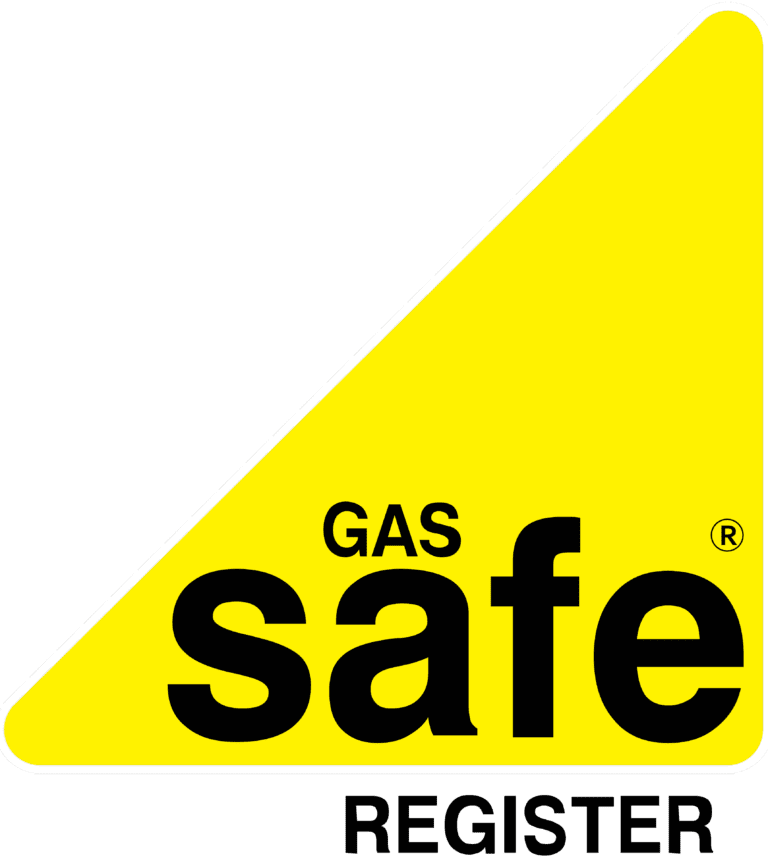In the ever-changing landscape of home heating, ensuring you have the right boiler installed is crucial for comfort and efficiency. This guide dives deep into everything you need to know about boiler installation, whether you’re considering a gas boiler, a combi boiler, or exploring options with Plumbing & Heating Angels. Keep reading to learn how to choose the right boiler, understand the costs involved, and get expert tips on maintaining your heating system.
Outline:
- What Is a Boiler and How Does It Work?
- Do I Need a New Boiler?
- Types of Boilers: Which One Is Right for You?
- How Much Does a Boiler Installation Cost?
- The Boiler Installation Process: What to Expect
- How to Choose the Right Boiler Installer
- What Are the Benefits of Upgrading Your Boiler?
- Common Boiler Problems and How to Fix Them
- Understanding Boiler Cover and Maintenance Plans
- Independent Customer Reviews: How to Find Reliable Installers
What Is a Boiler and How Does It Work?
A boiler is an essential part of a heating system, responsible for heating water and distributing it throughout the home to provide heat and hot water. There are various types of boilers, each with its unique mechanism and benefits. The primary function of a boiler is to convert energy from fuels like gas into heat, which is then circulated through radiators or underfloor heating systems.
Understanding the basics of how a boiler works can help you make informed decisions when it’s time for a new boiler installation. Whether you’re considering a combi boiler, which combines heating and hot water in one unit, or a conventional boiler that requires a separate hot water cylinder, knowing your options is crucial.
Do I Need a New Boiler?
Recognising when you need a new boiler is crucial to maintaining an efficient heating system. Signs that you may need a new boiler include:
- Frequent breakdowns and costly repairs
- Inefficient heating or hot water supply
- An increase in energy bills
- The boiler is more than 10-15 years old
If you’re experiencing any of these issues, it might be time to consider a boiler replacement. A new boiler can improve your home’s energy efficiency and reliability.
Types of Boilers: Which One Is Right for You?
Choosing the right boiler for your home depends on various factors such as the size of your home, your heating needs, and your budget. Here are the main types of boilers to consider:
- Combi Boiler: Ideal for smaller homes with limited space, a combi boiler provides both heating and hot water without the need for a separate hot water cylinder.
- System Boiler: Suitable for homes with higher hot water demands, this type requires a separate hot water cylinder but no cold water tank.
- Regular Boiler: Also known as a conventional boiler, it is suitable for homes with existing traditional heating systems and high hot water demands.
Understanding the pros and cons of each boiler type can help you choose the right boiler for your needs.
How Much Does a Boiler Installation Cost?
The cost of a boiler installation can vary significantly based on several factors, including the type of boiler, the complexity of the installation, and the region you live in. On average, you can expect to pay between £2,500 and £5,000 for a new boiler installation.
Additional costs may include:
- Upgrading the gas pipe if required by the new boiler
- Installing additional components like thermostats or radiators
It’s important to get a quote from multiple installers to ensure you’re getting a fair price.
The Boiler Installation Process: What to Expect
Understanding the boiler installation process can help you prepare for the work and ensure everything goes smoothly. Here’s a step-by-step guide to what you can expect:
- Initial Consultation: A qualified installer will assess your heating needs and recommend the best boiler for your home.
- Getting a Quote: You’ll receive a detailed quote outlining the costs of the boiler, and any additional work required.
- Installation Day: The installer will arrive on time, remove the old boiler, and install the new one, ensuring all connections are safe and secure.
- Testing and Commissioning: Once the installation is complete, the installer will test the new boiler to ensure it’s working correctly and efficiently.
- Handover: You’ll receive instructions on how to operate the boiler and information on maintenance and warranty.
Throughout the process, it’s crucial to work with a Gas Safe registered engineer to ensure the installation is safe and compliant with regulations.
How to Choose the Right Boiler Installer
Selecting the right boiler installer is essential for a smooth and efficient installation process. Here are some tips to help you choose:
- Check Qualifications: Ensure the installer is Gas Safe registered and has the necessary certifications.
- Read Reviews: Look for independent customer reviews to gauge the installer’s reputation and reliability.
- Get Multiple Quotes: Compare quotes from different installers to ensure you’re getting a fair price.
- Ask About Aftercare: Find out what kind of aftercare services and warranty are included with the installation.
A knowledgeable and approachable installer can make all the difference in your boiler installation experience.
What Are the Benefits of Upgrading Your Boiler?
Upgrading your boiler can offer numerous benefits, including:
- Improved Energy Efficiency: Modern boilers are more efficient, which can reduce your energy bills.
- Better Reliability: A new boiler is less likely to break down, providing you with a more reliable heating system.
- Enhanced Comfort: With more efficient heating and hot water systems, you can enjoy a more comfortable home environment.
- Increased Property Value: An upgraded heating system can add value to your home, making it more attractive to potential buyers.
Considering these benefits can help you decide whether it’s time to upgrade your boiler.
Common Boiler Problems and How to Fix Them
Even the best boilers can encounter problems. Here are some common issues and how to address them:
- No Hot Water: This could be due to a broken thermostat or a faulty valve. Check the thermostat settings and call a plumber if necessary.
- Leaks: Leaks can be caused by corrosion or a broken seal. It’s essential to contact a Gas Safe registered engineer to fix the issue.
- Strange Noises: Banging or gurgling sounds can indicate air in the system or low water pressure. Bleed the radiators and check the pressure gauge.
Regular maintenance can help prevent these issues and extend the life of your boiler.
Understanding Boiler Cover and Maintenance Plans
Boiler cover and maintenance plans can provide peace of mind and protect you from unexpected repair costs. Here’s what you need to know:
- What Is Boiler Cover?: Boiler cover is an insurance policy that covers the cost of repairs and maintenance for your boiler.
- Types of Plans: Plans can vary from basic cover, which includes annual servicing and repairs, to comprehensive cover, which also includes the heating system and plumbing.
- Choosing a Plan: Compare different plans to find one that offers the coverage you need at a price you can afford.
Having a boiler cover plan can ensure your heating system remains in good working order and help you avoid costly repairs.
Independent Customer Reviews: How to Find Reliable Installers
Reading independent customer reviews can provide valuable insights into the reliability and quality of boiler installers. Here are some tips for finding trustworthy reviews:
- Use Reputable Sites: Look for reviews on reputable websites like Google Business Profile or Checkatrade.
- Read Multiple Reviews: Don’t rely on just one or two reviews; read several to get a balanced view.
- Look for Detailed Feedback: Reviews that provide specific details about the installation process and customer service are more helpful.
By considering independent customer reviews, you can choose an installer with confidence.
Conclusion
Choosing the right boiler and ensuring it’s installed correctly is essential for a safe and efficient heating system. Here are the key points to remember:
- Understand the different types of boilers and choose the one that fits your needs.
- Recognise the signs that you need a new boiler.
- Get multiple quotes to understand the cost of installation.
- Select a qualified, Gas Safe registered installer.
- Consider the benefits of upgrading your boiler.
- Be aware of common boiler problems and how to fix them.
- Explore boiler cover and maintenance plans to protect your investment.
- Read independent customer reviews to find reliable installers.
By following this guide, you can make informed decisions and enjoy a warm, comfortable home with a reliable heating system. Reach out to us today for expert advice and a first-class installation experience.

